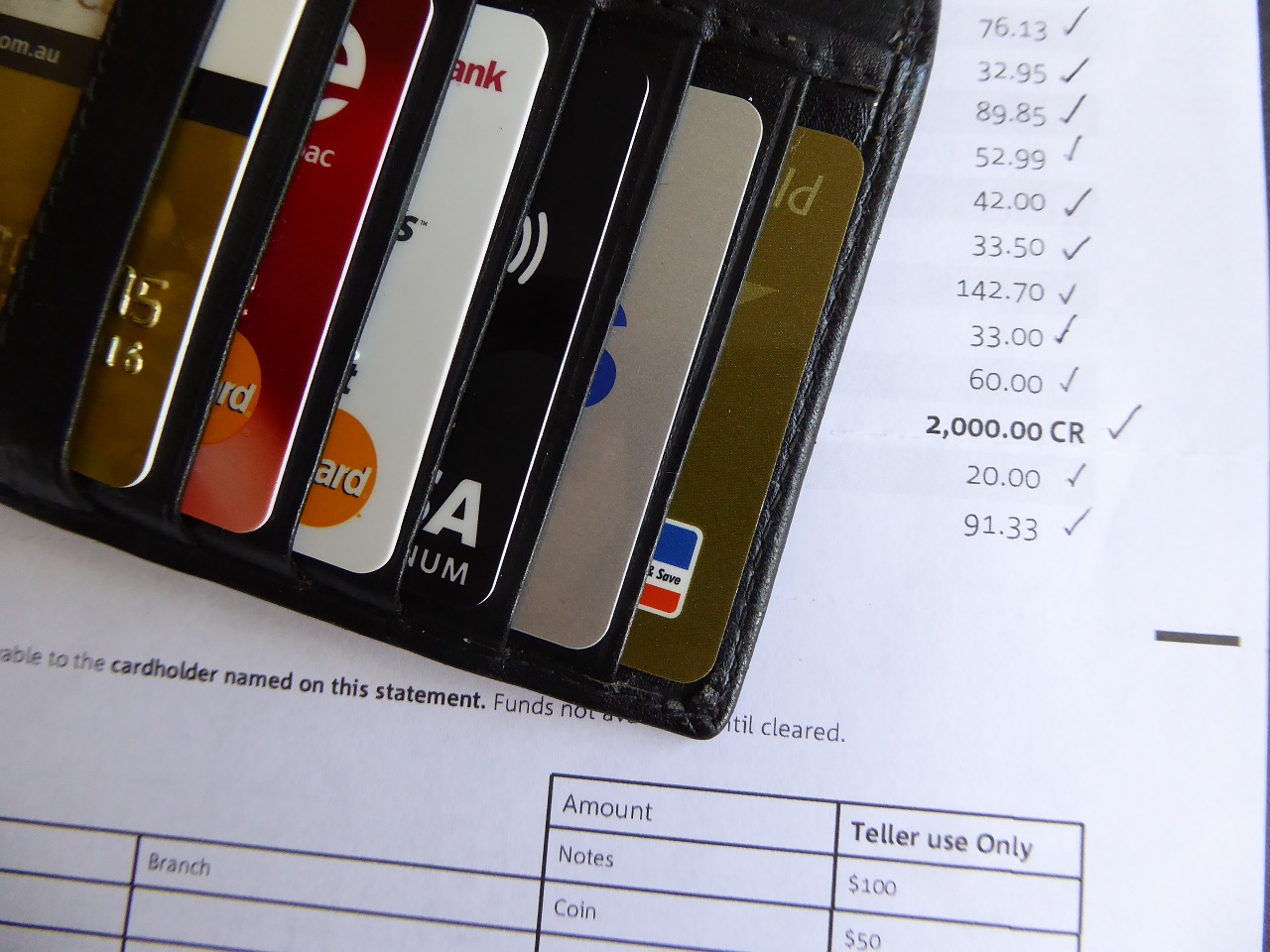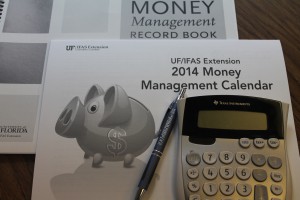
by Judy Corbus | Mar 15, 2016

Photo credit: pixabay.com
In spring cleaning mode? If so, now is the perfect time to de-clutter your financial life. Organizing important papers as well as purging unnecessary ones will reduce paper clutter and stress and help you to locate what you need when you need it. Let’s get started!
Store home files as follows:
- Current files – day-to-day records. These include bank account information, bills and receipts, loan agreements, and certain medical information. For a list of suggested categories, check out Financial Recordkeeping: Organizing Your Financial Life.
- Permanent files – on-going records used infrequently, such as employment and education records and health benefit information.
- Dead storage – anything you feel uncomfortable discarding, such as old tax records or real estate you’ve sold. These can be stored in less accessible drawers or boxes.
Discard the following monthly: Credit card, grocery, ATM, and debit card receipts after they appear on the statement unless they are needed for taxes, business, or proof of purchase.
Keep these items for one year:
- Paycheck stubs – save until you compare with your W-2 and Social Security earnings statements then shred.
- Canceled checks and bank statements – shred unless needed for tax purposes or can be retrieved online.
- Quarterly investment statements – double-check with year-end statements then shred.
How Long to Keep Tax Records
The IRS recommends 3-6 years for income tax records, worksheets, and documentation of deductions. Keep records for as long as needed for administration of the IRS code. Tax records often are useful in situations where financial history is relevant.
Do Not Toss:
- Birth and death certificates, adoption decrees
- Marriage licenses and divorce decrees
- Social Security cards
- Military discharge papers, including spouse, even if deceased
- Immigration documents
- Pension plan information from current and former employers
- Estate planning documents
- Life insurance policies
- Titles for property still owned
De-clutter a section at a time – if the task seems overwhelming, work at it 15 minutes a day until you’re finished. Then, enjoy less stress with organized files!
Adapted from De-Clutter Your Financial Life, Julie England, UF/IFAS Extension Lake County, and Lisa Leslie, UF/IFAS Extension Hillsborough County, 02/16.
by Elizabeth | Mar 31, 2014
 As you are clearing out clutter, sprucing up, and getting ready for summer, you also should start your financial spring cleaning by figuring out where you stand financially. Here are a few tips to help you get started:
As you are clearing out clutter, sprucing up, and getting ready for summer, you also should start your financial spring cleaning by figuring out where you stand financially. Here are a few tips to help you get started:
1. Get organized.
Build a personal financial filing system; get out your financial paperwork and file it in order of importance. Separate bills – that way, you can track them as they come in, reducing the chance of missed or late payments.
Use a plastic tote for a filing cabinet – these keep your files dry and are easy to carry from one room to the next should you need to.
2. Create a budget.
How much money do you have? Are you spending more than you earn? If you don’t have a spending record, start one. You can still get on with your financial spring cleaning today. If you haven’t been keeping a record, just make a deliberate effort to start now. Try to note all your spending for the next month, right down to the candy bar. Then, in a month’s time, you’ll be able to see where your money is going and, hopefully, see some areas where you can cut back.
3. Pay off Debt
Now, let’s discuss what most people agonize over, but is a very important subject: debt. If you have any debt beyond a mortgage, you should try to focus on paying off this debt as quickly as possible. It’s also important to try to negotiate your interest rates down with your credit card company if you can. Although this option may not be available to everyone, especially if your credit is not good, it’s worth trying.
If you are not successful, you can use these steps to reduce debt:
- Stop using credit; charging new items increases the balances on what you already owe.
- Do not open new lines of credit.
- Request a free copy of your credit report from www.annualcreditreport.com and honestly assess the problem. Understanding your situation helps when trying to resolve debt issues. Stop denying that you have a debt problem and work on it. You can analyze your debts using Powerpay®. This website gives you a personalized report and plan to reduce your debt based on your input.
- Break your debt load into manageable chunks; define your goal and focus on reducing manageable amounts.
For more information on financial education and tools to help you get out of debt; contact your local county Family & Consumer Sciences Agent.



